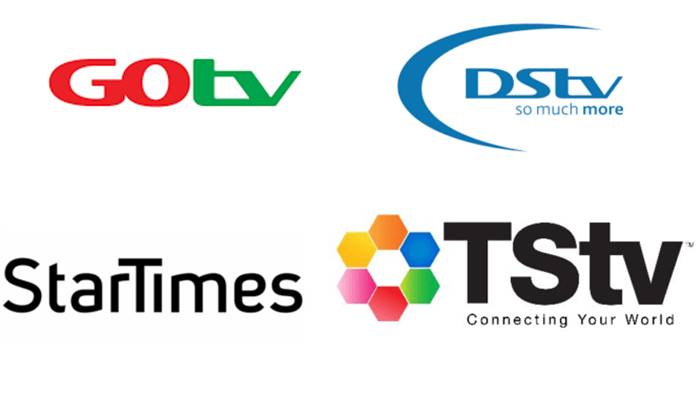Multichoice’s recent notification that there would be a price increase in subscription fees triggered a lot of reactions among Nigerians, mostly negative. Going by the new price, DStv Premium package will now cost N21,000, DStv Compact plus will cost N14,250, Compact package will cost N9,000, Confam will cost N5,300, Yanga will go for N2,950, and DStv Padi will cost N2,150.
There is a similar price increase across the Gotv packages too. Gotv Max will sell at N4,150, GOtv Jolli for N2,800, GOtv Jinja for N1,900, and GOtv Lite for N900.
The explanation that this increase is necessitated by the rising costs of business operations, fell on deaf ears, even though most people can attest to the rising cost of living. Nigerians would not be pacified. As far as they were concerned, no reason could be acceptable for increasing the price of valued service. At the core of the complaints is that Multichoice is only exploiting subscribers in Nigeria with these higher prices.
As a subscriber myself, I got curious and decided to find out if it was true. As far as I was concerned, there could be no justification for charging Nigerians higher for the same service. Life is hard enough for Nigerians, and if there is anything a Cable TV should be doing for Nigerian subscribers, it would be to reduce the charge so that they can afford quality entertainment to take their minds off everyday worries.
To get the subscription fees in other countries, I checked the DSTVAfrica website and checked the fees for the DStv subscriptions across the different African countries where the services are offered. Multichoice offers its PayTV services across 10 different African countries and each country is charged its subscription fees in their local currency. To make the comparison easier, I converted all of the fees to US dollars, and decided to focus on the two most expensive packages – DStv Premium and DStv Compact plus. Here is what I found.
It is easy to see from the above that Nigerians are not paying more when compared to other countries. If anything, Nigerians have been paying less when compared to the other countries. Ethiopia, Uganda and Tanzania are the biggest spenders on Multichoice services, and they pay $80, $79.77 and $79.41 respectively for the Premium package. This is the same product that Nigerians will be paying $50.49 for, in the new price regime.
The same goes for the Compact plus package where Nigerians will now be paying $34.26 compared to Ethiopia’s $54, Uganda’s $52.96 and Tanzania’s $52.87. On the Compact Plus package, only subscribers in South Africa in Ghana will be spending less. I felt more than a little relief at my findings.
If some Nigerians complain that they are paying more, it is certainly not in comparison to other African countries, as we can now see. Perhaps, they mean paying more relative to earlier prices of the service.
A customer wrote on Twitter that he could not believe that the price of the DSTV Premium Package had risen from N9,000 in 2009 to N18,400 in 2020, and now N21,000 with effect from April 2022. From a customer perspective, that might be spending more but in real monetary value, it could be that ‘more is less’.
As a multinational business, Multichoice runs all its expenses and costs of production in foreign currencies. Purchasing viewing rights, equipment and other logistics are made in dollar terms, so the comparison of subscription prices over the last decade would be better understood in dollar terms as well




